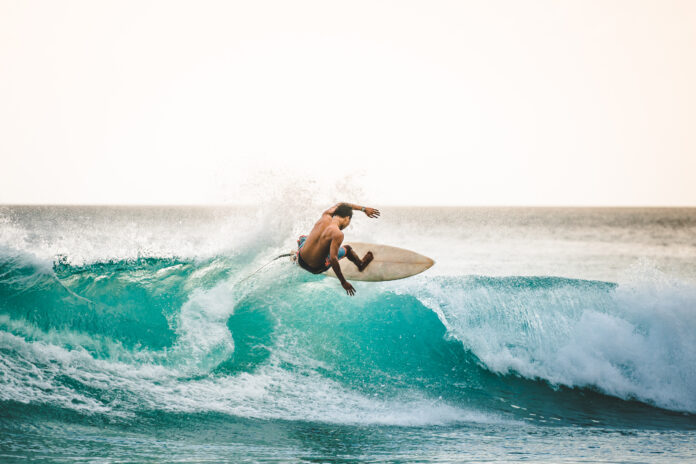Key Highlights
- Reduced interest rates and transfer duties luring buyers to South Africa
- Declining home prices accelerated by pandemic with only +0.7% growth rate in November
- Residential prices fell -61.8% from January to September 2020 compared to 2019
- Price index beginning to tick up now
If you and/or your clients love to surf, South Africa’s Hout Bay, just a 25-minute drive from Cape Town, is home to the world famous Dungeons Beach, one of South Africa’s most extreme surfing beaches.
Access to those giant waves is now easier than ever since United Airlines began offering direct flights to Cape Town from New York several times a week. Additionally, financial access to great weather and those waves “…is popular because…our prices are dirt cheap compared to our counterparts like Australia,” Arnold Maritz, an agent with Lew Geffen Sotheby’s International Realty, told The New York Times’ international real estate section.
“Cheap” home prices translate into approximately $290,000 for an average single-story family home in Hout Bay and $645,000 for a higher end home, according to PropStats, a sales database used by agents in South Africa.
A multi-year-long drought began South Africa’s housing price index drop and then the pandemic accelerated that decline. The First National Bank of South Africa reported in November that the May 2020 growth rate of just +0.7% was the lowest growth rate in a decade. The pandemic exacerbated that decline to a staggering -61.8% in residential building valuations according to South Africa’s official statistics office.
Now, however, the First National Bank of South Africa is seeing an uptick in home prices. Government fiscal policy has promoted a dramatic reduction in interest rates and transfer duties and renters have taken notice. Purchase applications have increased some +9% compared to 2019.
As summer approaches, tourists come from around the world to explore real estate in the Western Cape, a province with some 7M residents in the southwestern corner of the country on South Africa’s Atlantic coast. (Maritz, the agent with Sotheby’s, said that at least 40% of foreign buyers buy here.)
There are no restrictions on foreigners buying property in South Africa. Nonresidents can borrow up to 50% of a home’s purchase price and typically put down 10% or more up-front. A one-time transfer duty is charged on a sliding scale from up to 13% on a property worth over $747,000. Annual property taxes run approximately $2,450. Foreign homeowners must have an account with a local bank from which to pay mortgage bonds and receive short-term rental income that is subject to an income tax.
Paul Turner, a license partner and owner at Engel & Volkers in Cape Town, said, “People have walked into our offices while on holiday and bought a house before they got on the plane to return home.”
Thanks to The New York Times international section.

























